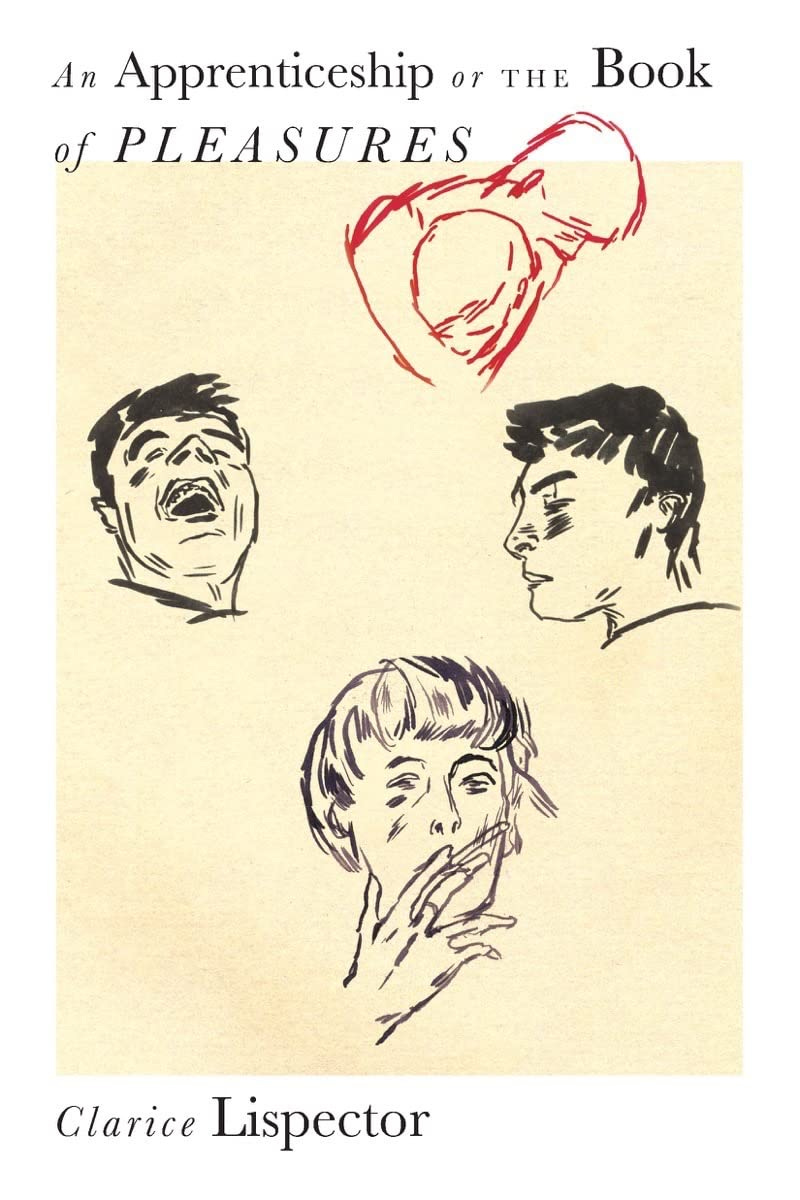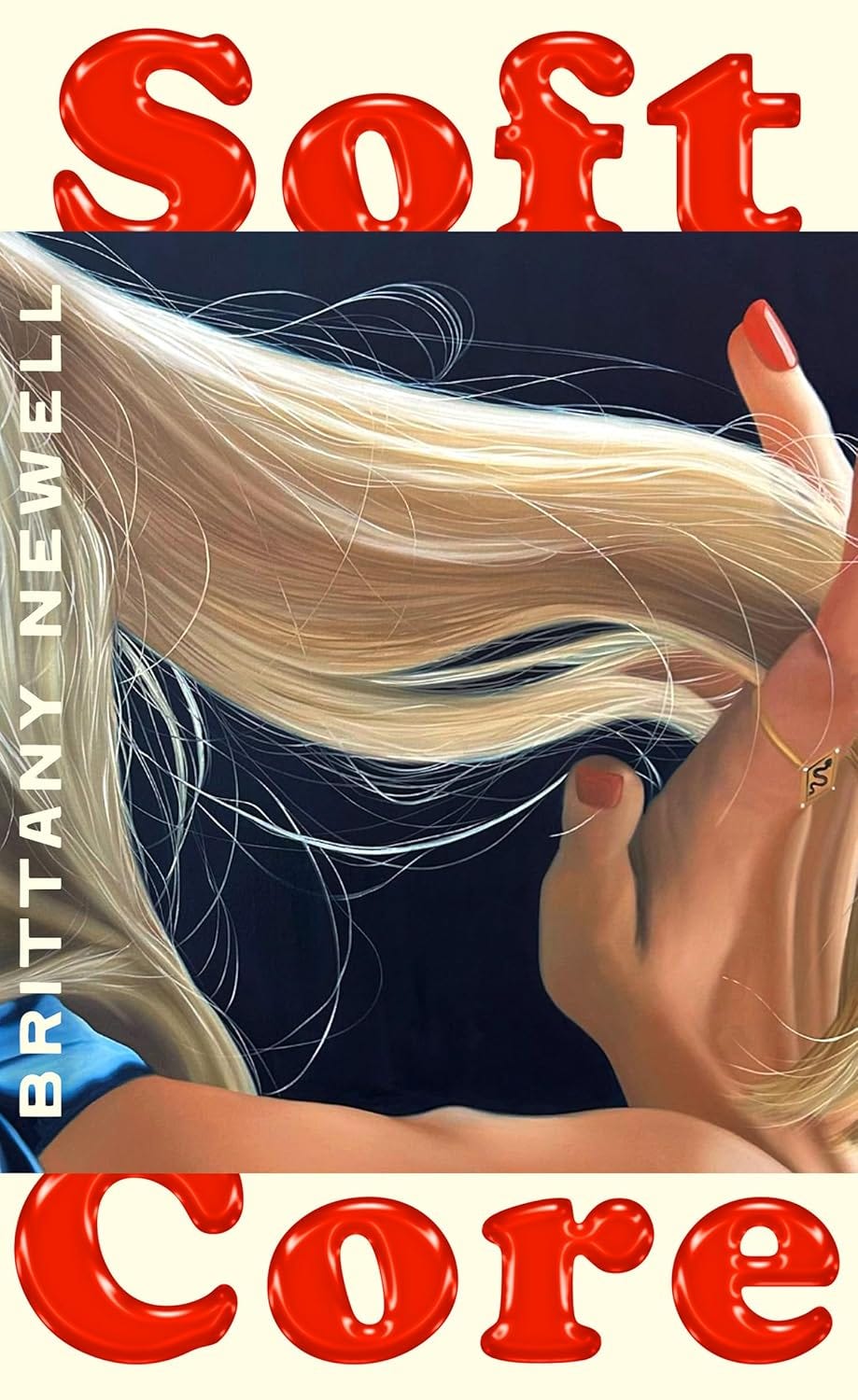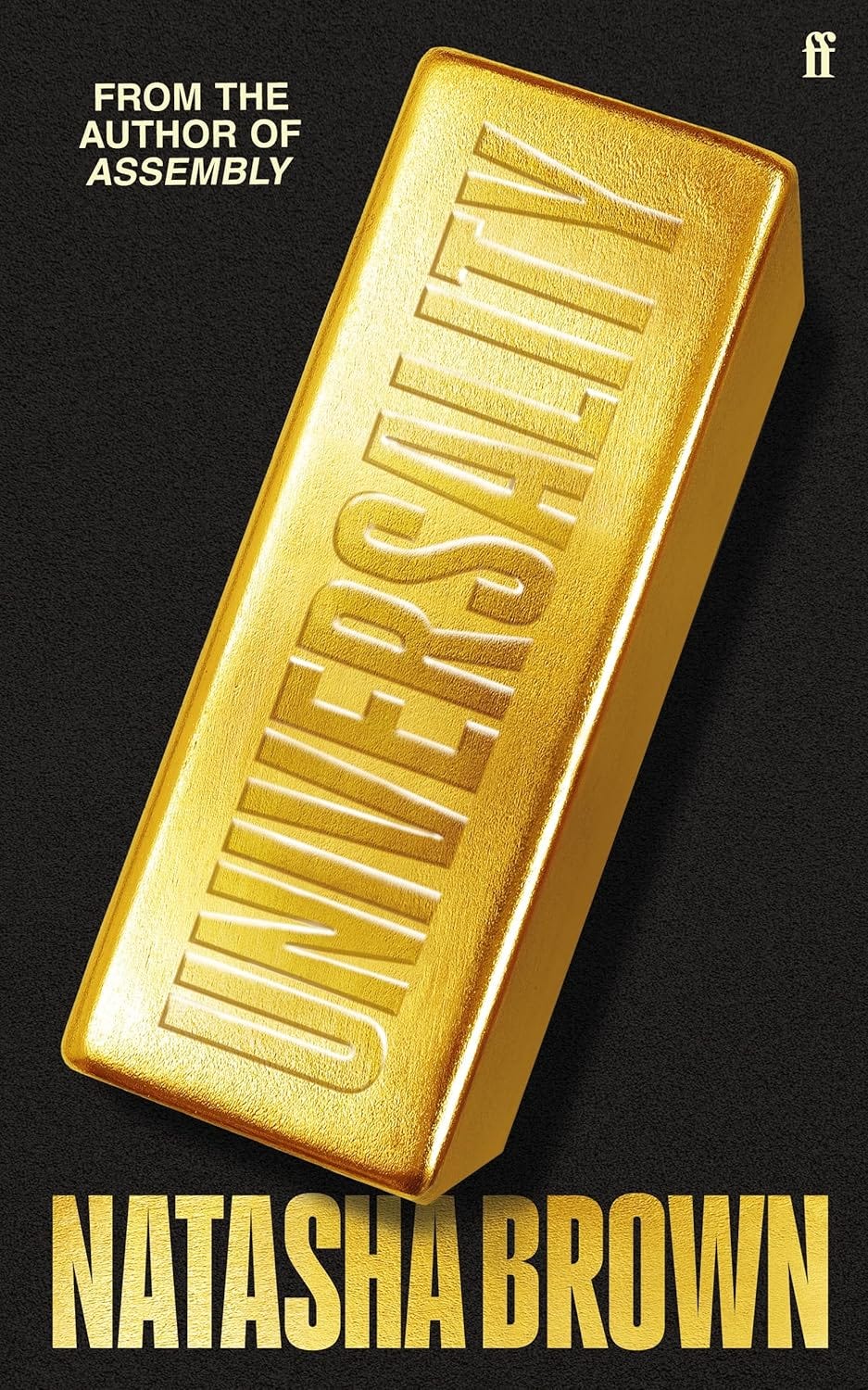I read 8 books in January, which I think is too many. Although it’s not the highest amount of books I’ve got through in a single month, it seems at odds with one of my biggest 2025 reading goals: to slow down.
The second book I read in January was over 600 pages and I really took my time with it, spending over a week in its pages and getting to know all of the characters. But then after that, my reading ramped up again. I think the issue is that I often want to slow down with reading, but then I read a good book and it makes me want to read more good books. I suppose it’s a good issue to have.
But there seems to be a misguided belief that everyone who reads fast, or who reads many books a month, isn’t fully engaging or taking in the books they read. I personally believe that I do; I write reviews for (mostly) all the books I read, I make notes about them in my reading journal, and I make content about them. Sometimes I feel weirdly self-conscious (*tiny violin sounds*) about being a ‘fast reader’, that people are going to think I don’t have a full-time job or have any other hobbies or do anything else. But after reflecting on this first month of reading, I think I’ve decided on another reading goal for 2025: stop caring and just enjoy reading!
Anyway, here’s the books I read in January:
An Apprenticeship or the Book of Pleasures - Clarice Lispector
Lóri, a primary school teacher, is isolated and nervous, comfortable with children but unable to connect to adults. When she meets Ulisses, a professor of philosophy, an opportunity opens: a chance to escape the shipwreck of introspection and embrace the love of a man.
My first Clarice Lispector! This short novel contains beautifully-written, philosophical meditations on love: a woman opening herself up to love, and learning to find love for herself, while also experiencing a spiritual awakening. It’s a very episodic, stream of consciousness novel. The edition I read included an afterword by Sheila Heti, which I also enjoyed. I would like to read something with slightly more plot from Lispector, so I’m hoping to find something like that next.
Skippy Dies - Paul Murray
Skippy Dies begins in a doughnut shop where two friends, Skippy and Ruprecht, are having a doughnut-eating contest when Skippy turns purple and falls off his chair. What follows is 600-pages of backstory, delving into the lives of those who attend, teach at, or are somehow connected to Seabrook College, an all-boys Catholic school in Ireland.
Murray has such a skill for crafting dialogue, it’s full of humour and is so accurate to teenage-speak (especially that of teenage boys) that the echoes of the school corridors immediately come back to you. But the novel also has a darker side, an underlying sense of sorrow running throughout as Murray digs into the troubles plaguing each character, from first love to drug dealing, to infidelity and the haunts of trauma. It’s a sprawling tragic comedy, and a book I wanted to start again as soon as I finished it.
Soft Core - Brittany Newell
Baby is a dancer at a strip club and at the age of 27, she’s feeling lost. It seems that only Dino, her sweet, cross-dressing, drug-dealing ex-boyfriend can keep her afloat. So, when Dino disappears without so much as a kiss goodbye, she plunges headfirst into San Francisco’s shady erotic underground to find him.
I love an unhinged woman / unreliable narrator book as much as the next girl, but this felt a little flat. Despite its synopsis, the story doesn’t focus much on Dino’s disappearance or Baby’s search for him, instead it’s more of a slice-of-life book following Baby’s everyday life as a sex worker. It wasn’t as gritty as I was expecting it to be, and sadly its length meant that it quickly became repetitive.
Thank you to Fourth Estate for the Netgalley advanced copy!
Cold Enough for Snow - Jessica Au
A quiet, contemplative novella following a mother and daughter who take a trip to Japan.
During their visits to museums, restaurants, gift shops and hotels throughout their trip to Japan, mother and daughter reflect on vignettes from their past. The flow of the prose gorgeously guides you through the different themes explored in the book, touching on subjects like memory, family, identity, daughterhood, and human connection with a gentle hand. I felt very peaceful while reading this.
Didn’t Nobody Give a Shit What Happened to Carlotta - James Hannaham
This book follows Carlotta Mercedes, a Black/Colombian trans woman who has just been released from a men’s prison where she spent over twenty years. Set over a fourth of July weekend, Carlotta reenters life in a drastically-changed New York, attempting to reconnect with her family/friends on the outside while also trying to stick to the conditions of her parole.
The novel is so uniquely written, Hannaham often switches POV within one sentence and completely turns the rules of grammar and spelling on their head, making for a more compelling and immersive read. The novel is full of biting humour but also doesn’t shy away from its inherent bleakness, there are many passages of Carlotta recounting her time in prison that are harrowing to read.
It’s a powerful story touching on racism, transphobia, misogynoir, the injustices of the prison system, and the violence enacted onto incarcerated people, especially trans people. In the wake of Donald Trump’s (incredibly dangerous) executive order to move trans women into men’s prisons, there’s never been a more pertinent time to read books and stories like this.
Thirst Trap - Gráine O’Hare
Maggie, Harley and Róise are friends on the brink: of triumph, catastrophe, or maybe just finally growing up. The three girls are still grieving the tragic death of their friend, Lydia, whose room in their crumbling Belfast house-share remains untouched. Their last big fight hangs heavy over their heads, unspoken since the accident. And now they are all beginning to unravel.
In a style reminiscent of Dolly Alderton x HBO’s series Girls, this novel explores how friendship dynamics change as you get older, the experience of feeling unmoored in your thirties, and the non-linearity of grief. O’Hare did a great job at differentiating each of the girls in the friendship group, each one had their own voice and fleshed-out background. I also liked how their house was almost a character in itself, its declining state representing the end of an era in their friendship and a reminder that they need to move on for their own sakes.
Thank you Picador for the advanced copy!
Martyr! - Kaveh Akbar
Cyrus Shams, a newly sober, orphaned son of Iranian immigrants, guided by the voices of artists, poets, and kings, embarks on a search that leads him to a terminally ill painter living out her final days in the Brooklyn Museum.
This is a stunning, philosophical book about one of the most human endeavours: to live a life worth being remembered. We follow a character who spends the novel battling with a want to be martyred, to have his life written down in ink, to be given space in the history books. It’s a very human impulse, the actions of many figures throughout history could be boiled down to this one desire, and it’s something that Akbar explores with such deftness and beauty here.
Strangely, the most comforting part about this book is accepting uncertainty. We have so many questions and not many of the answers, but sometimes you have to accept that in order to live your life, and maybe that’s ok.
Universality - Natasha Brown
On a Yorkshire farm, a man is brutally bludgeoned with a solid gold bar. A plucky young journalist sets out to uncover the truth surrounding the attack, connecting the dots between an amoral banker landlord, an iconoclastic columnist, and a radical anarchist movement. She solves the mystery, but her viral longread exposé raises more questions than it answers.
I only finished this book a day ago, so I’m still trying to decide how I feel about it. After really enjoying the power and resonance of Brown’s debut novel Assembly, I was looking forward to a similar experience with her second book, but I am still feeling rather ambivalent about Universality.
The core of the novel is about truth, and our relationship with truth and how we can manipulate language to create versions of the truth, particularly in our current ‘post-truth’ era. I liked that it remained very British: it touches on class and race relations in modern Britain, and the journalistic culture wars we read every day, but unfortunately these themes weren’t explored in as much depth as I would’ve liked. Maybe that’s because the book is so short, maybe it’s because as someone who attended journalism school, a lot of the discussions in this book are ideas which I’ve written essays about and attended lectures on to the saturation point. Natasha Brown is a brilliant writer, but this one just sadly missed the mark for me.
Thank you Faber Books for the advanced copy!
I would love to know what your favourite book/s was from January! Thank you for reading as always 💌













my goodreads tbr list and library card thanks you for this
Universality was such a disappointment for me, I felt it was soooo surface level.